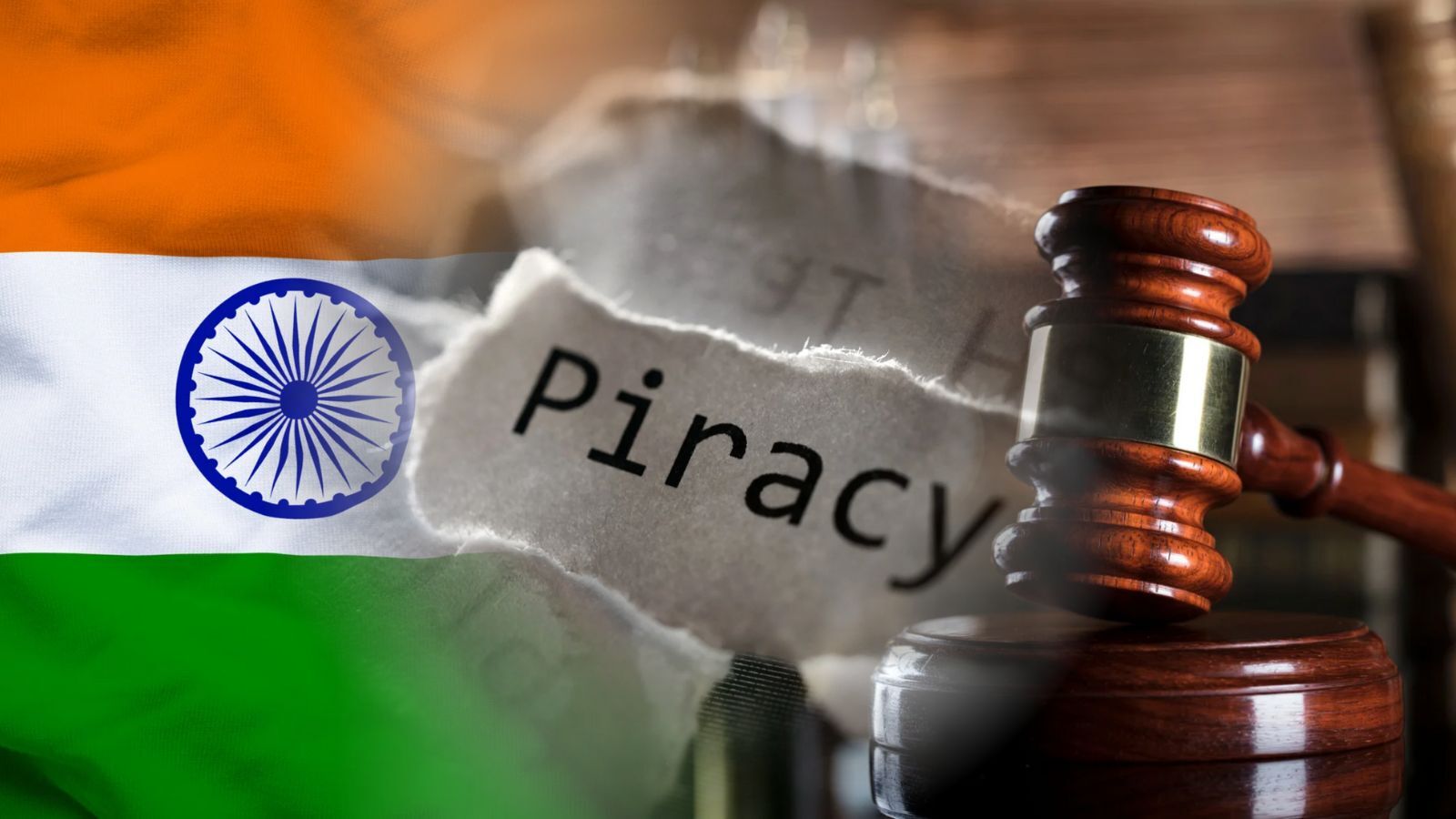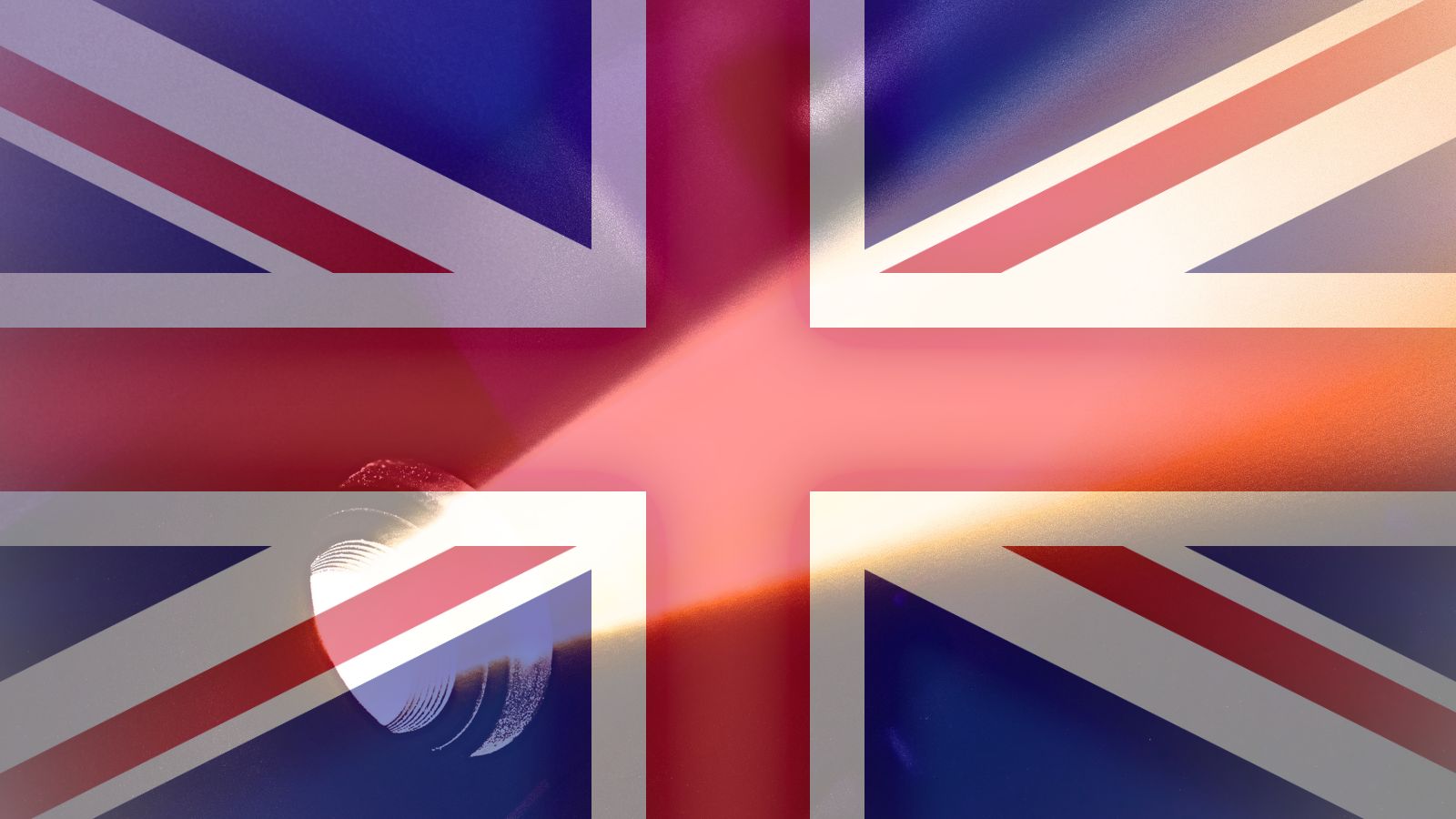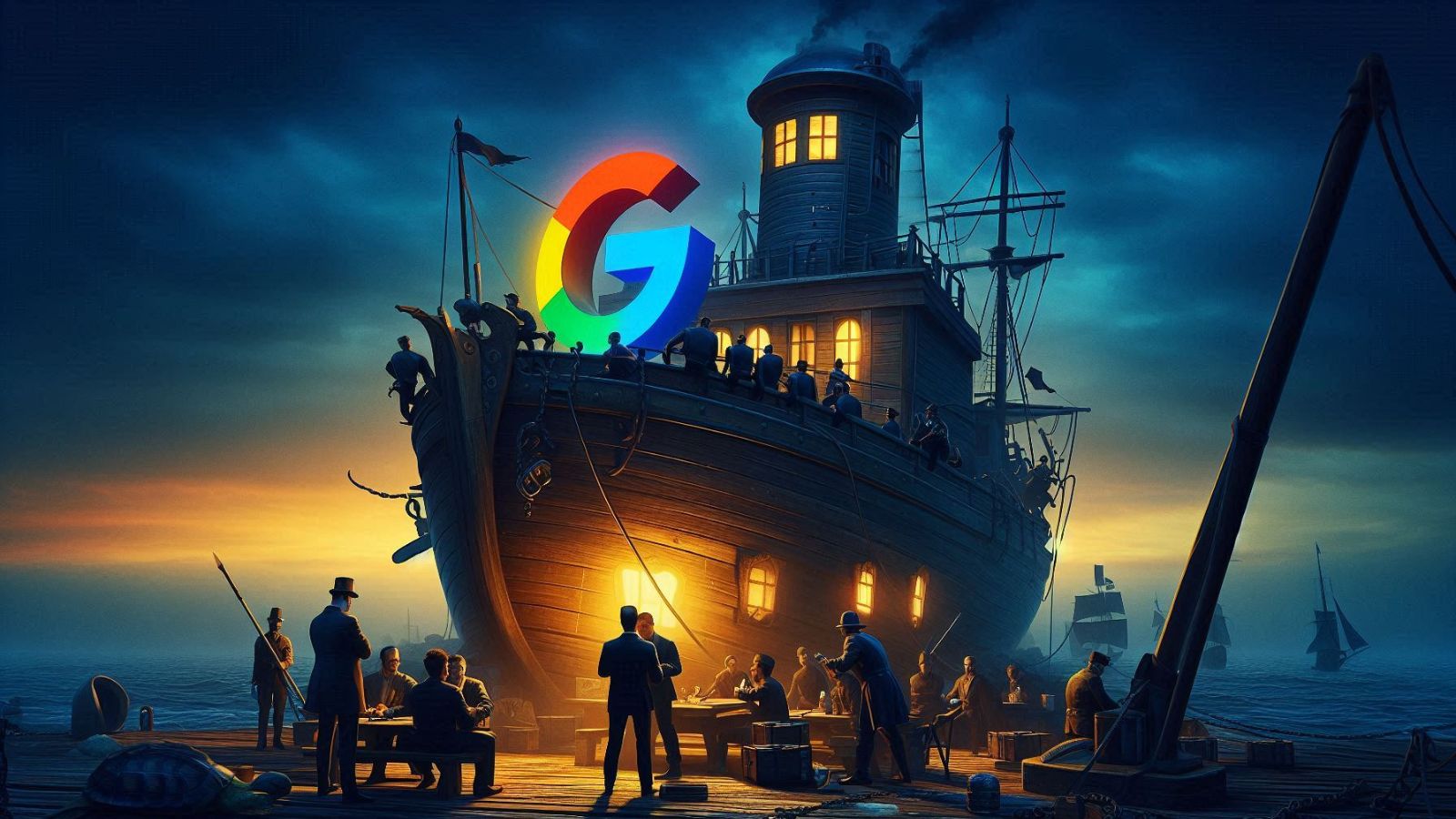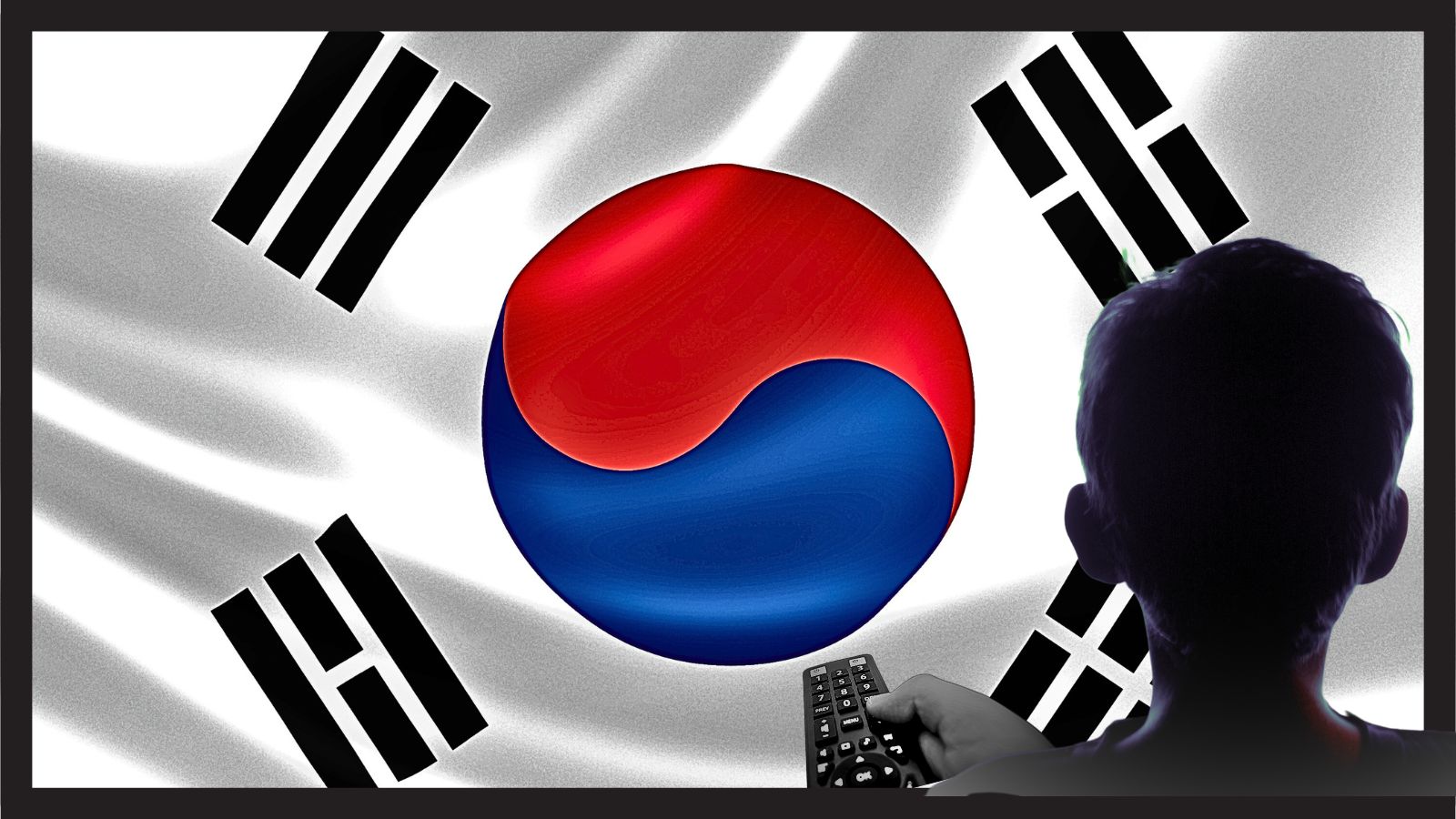
Anti-Piracy Operation Blocks 675 Pirate Sites and 14 Apps in Brazil
- Brazil's Ministry of Justice and Public Security conducted an anti-piracy operation that resulted in site and app blocking.
- Several search and seizure warrants were executed, along with five arrest warrants.
- Reportedly, the list of domains blocked by ISPs in Brazil is over 6,700.
Brazil's Ministry of Justice and Public Security announced the latest phase of its ongoing anti-piracy campaign, Operation 404.7, which blocked 675 pirate websites and 14 applications in its latest effort. These numbers, while initially reported as "takedowns," are clarified as "blocking and suspension" actions.
The operation has executed 30 search and seizure warrants and five arrest warrants, leading to six arrests in Brazil and three in Argentina.
Since Operation 404's inception, site blocking has been the primary tool employed to deter illegal streaming and distribution, and the list of blocked domains now exceeds 6,700. However, the specifics of these blocked sites remain undisclosed, with Brazilian courts regularly granting site-blocking applications without public scrutiny of the orders.
The action is part of an international effort to combat crimes against intellectual property on the Internet and involves collaborations with global partners, including the City of London Police, the Motion Picture Association (MPA), the Alliance for Creativity and Entertainment (ACE), and the European Union Intellectual Property Office (EUIPO).
Launched in November 2019, Operation 404 has steadily established itself as a robust enforcement campaign against digital piracy, both locally and internationally. The branding of the operation cleverly references the HTTP 404 error message "page not found," with each new phase represented by a decimal point followed by the wave number.
Operation 404.6's results were publicized in November 2023, and now, as of September 2024, we see the emergence of Operation 404.7.
The Ministry of Justice emphasizes the collaborative nature of this operation, involving international law enforcement and private sector partners like the UK’s Police Intellectual Property Crime Unit (PIPCU) and the U.S. Department of Justice.
Blocking continues to be a key strategy in combating digital piracy in Brazil. Despite the inherent challenges of site blocking—such as the potential for sites to circumvent measures by deploying new domains or promoting VPN usage—rightsholders maintain that blocking is an effective anti-piracy tactic.
In July, several domains advertising pirated sports content from Futbol Libre and Megadeportes were blocked in Argentina. Local authorities apprehended the alleged operator of these illegal websites.
This month, several major ISPs, including Verizon, Frontier, Altice, and Lumen Technologies, have officially backed Cox Communications in its appeal to the U.S. Supreme Court, which focuses on willfulness of infringement and service provider liability.












